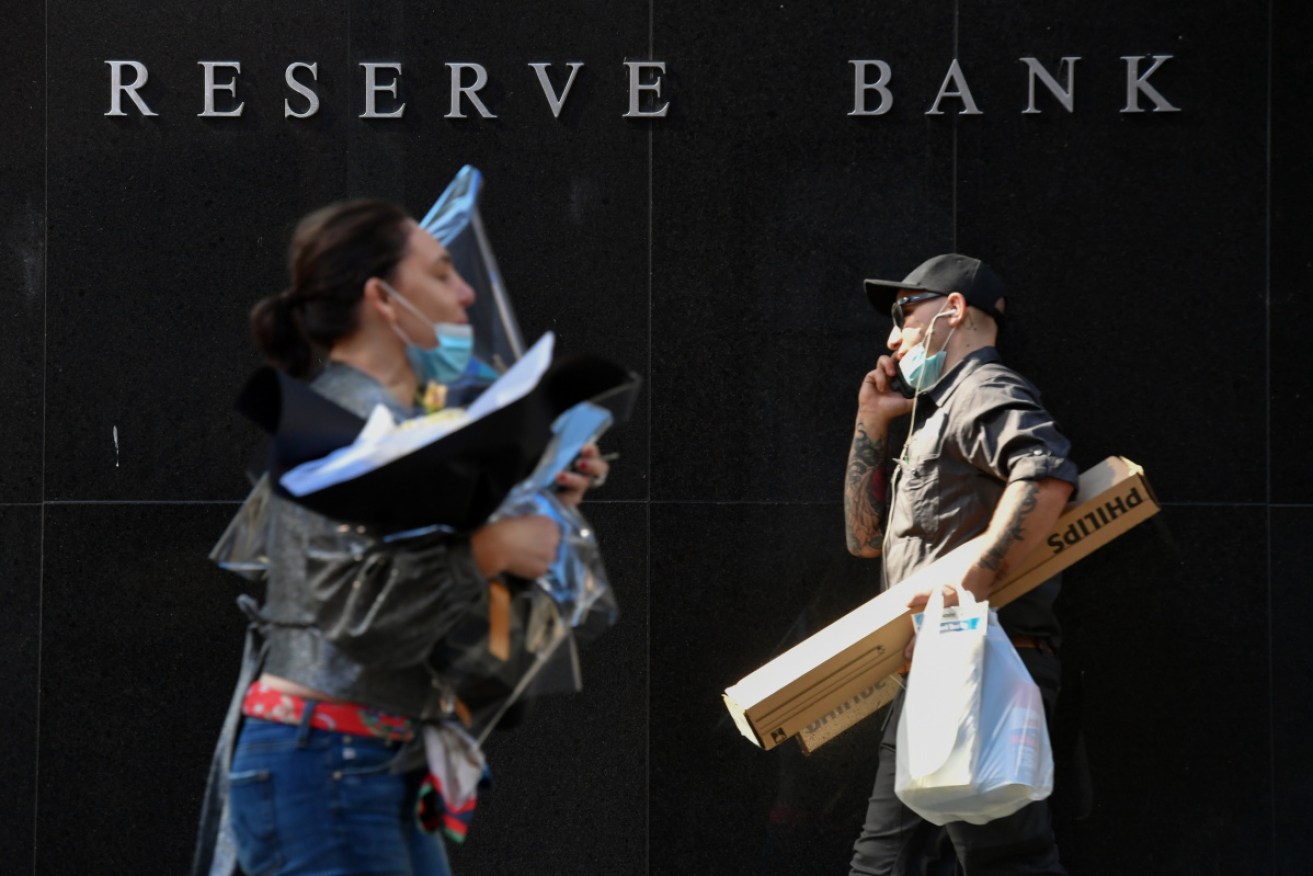Investor loan demand nears record: ABS


The RBA felt there was a risk of inflation pressure building if it had waited to raise the cash rate. Photo: AAP
Demand for mortgages from owner-occupiers continued to slide in October, but investors have been quick to take up the slack, nearing the record level set in April 2015.
Overall, loans for housing fell 2.5 per cent in October to just under $29.6 billion, the Australian Bureau of Statistics said on Thursday.
Owner-occupier loans dropped by 4.1 per cent to $19.8 billion, but investor housing loans rose 1.1 per cent to $9.7 billion.
“The value of new loan commitments for investor housing has grown for 12 consecutive months,” ABS head of finance and wealth Katherine Keenan said.
“While the value of investor loan commitments has grown 90 per cent over the past year, the number of investor loans only accounted for 33 per cent of all new loan commitments for housing in October.”
Such demand for loans came as the Organisation for Economic Cooperation and Development warned the Reserve Bank of Australia may need to lift interest rates sooner than anticipated in the face of rising inflation,
In its latest economic outlook, the OECD said the central bank needs to be vigilant about signs of rising inflation, predicting underlying inflation could reach 2.4 per cent in 2022.
“(It) may need to tighten policy faster than it’s anticipating,” the Paris-based institution said.
The RBA does not expect inflation to reach the middle of its two to three per cent inflation target until 2023, and still believes it may have to wait until 2024 before lifting the cash rate.
The OECD expects the Australian economy to grow by an annual rate of 3.8 per cent in 2021 and 4.1 per cent in 2022.
The latest national accounts released on Wednesday showed the economy contracted by 1.9 per cent in the September quarter as a result of the recent COVID-19 lockdowns, but the annual rate was a healthy 3.9 per cent.
The 1.9 per cent quarterly contraction was the third largest since the national accounts were introduced in 1959, although it was smaller than economists had feared.
Treasurer Josh Frydenberg is confident about the outlook, with jobs and retail spending having since rebounded and business investment intentions particularly strong.
“I am looking forward to a strong Christmas and a very strong new year,” Mr Frydenberg told ABC radio.
Shadow treasurer Jim Chalmers is also hopeful of a recovery.
“But we can’t be complacent about it because the government has crowed about a recovery before and instead delivered what were pretty horrific numbers (on Wednesday) in the national accounts,” he told ABC TV.
Meanwhile, the ABS also said Australia’s trade balance narrowed to $11.2 billion in October from $11.8 billion the previous month.
Exports dropped by three per cent as a result of falls in the iron ore prices, while imports also declined three per cent due to a decrease in capital goods imports.
– AAP








